The Good House: An Experience to Remember
An October 2014 article in The Atlantic about how we value experiences over things got me thinking. The article cites research that finds “experiences bring people more happiness than do possessions.” Apparently, our possessions become mere background, whereas an experience, like a vacation, becomes something we get to relive and tell others about. This made me think about how we experience rather than possess our houses. And it reminded me of what one architect had to say about being a caretaker of the place he calls home.
So if we find experiences more rewarding, we are going to want to think of our houses less as possessions and more as places that provide experiences that enrich and reward our lives. Here’s what that means to me. What does it mean to you?
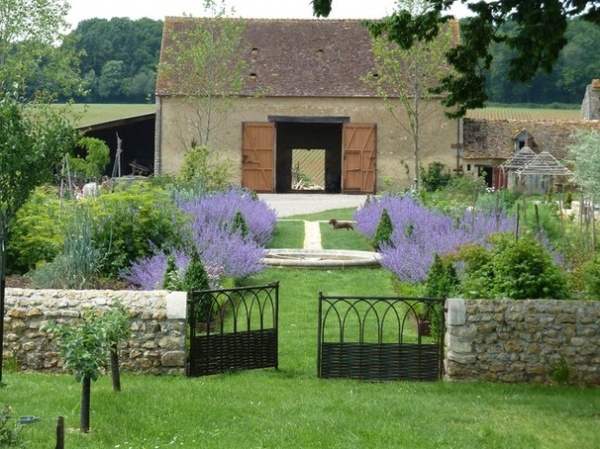
1. It Speaks to the Past
The good home should have a history. When I think of history, Walt Whitman’s Crossing Brooklyn Ferry comes to mind. It’s a view of the past that’s not static but dynamic — one in which we are connected to the past and the future. So a home that’s been around for a few years, has seen other inhabitants come and go and has been remodeled and made over a few times is one that resonates not only with your experiences but those of people who were there before you.
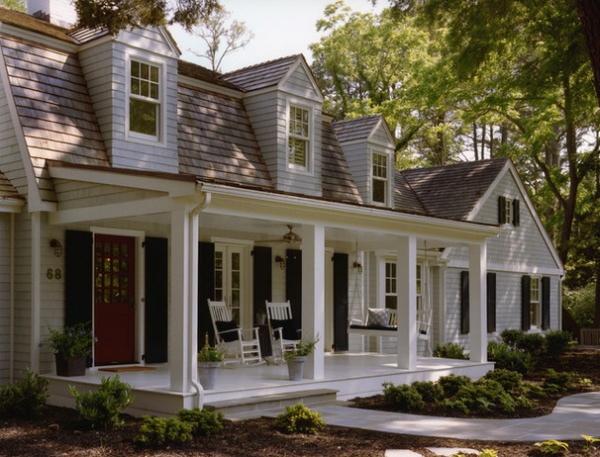
2. It’s a Good Neighbor
The good home should be neighborly. Just as that obnoxious bore at last night’s party made your evening less than ideal, a house that’s ill suited to its time and place can do the same. What is more enjoyable and provides for a better experience is a party where there’s some laughter from well-told jokes and games, some interesting conversations that enlighten and illuminate us, as well as good food and drink.
A home should be the same. It should both fit in — not be so different from its neighbors — and stand out — by being just a bit idiosyncratic. It should tell a joke or two, have maybe some “off” proportions, as well as be serious, refined and static when it needs to be. And it should offer up some good sustenance in the way it’s detailed so that we aren’t left wanting.
Simple Pleasures: The Art of Being Neighborly
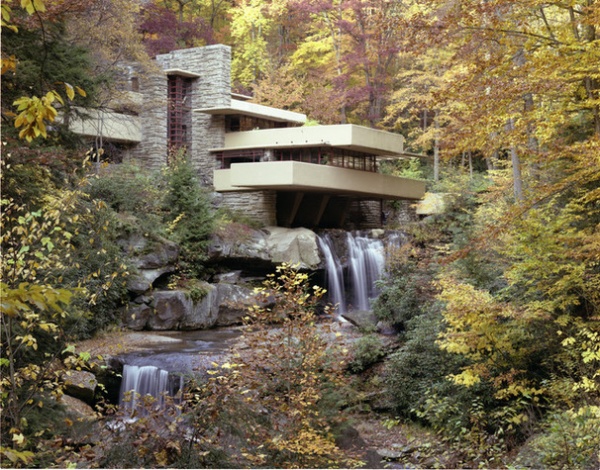
3. It Sits Well on the Land
The good home should let us connect to what surrounds us. A home isn’t just a box that’s placed on a piece of land. It’s a place that is inextricably connected to the land that it’s a part of. We should be able to experience the land and all that nature has to offer when we are in and about our home. And our home should make the land better for being there.
See the rest of Frank Lloyd Wright’s Fallingwater

4. It Opens Us Up to the Heights
The good home should be expansive. Our experience of home should enable us to reach out beyond the boundaries of its walls and roof. A home that allows us to experience the night sky can fundamentally alter how we think about ourselves and all that surrounds us.
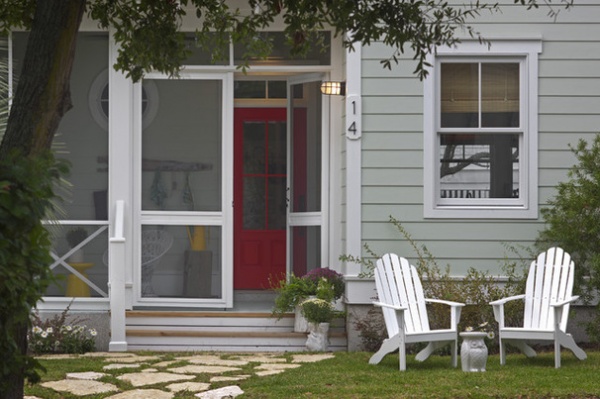
5. It’s Real and True
The good home should be authentic. Our experience of our home shouldn’t allow for the fake and artificial or for the difficult and costly to maintain. While a house that’s in constant need of repair isn’t a joy, a house that’s made of materials that don’t stand the test of time can become shabby before its time.
A better experience is a home that incorporates materials that are balanced among cost, maintenance and long-term appeal. Its materials look good from Day One and, with minimal attention, 10 years hence. And let’s face it, a home, like anything that provides meaning, should call out for a little attention now and then.
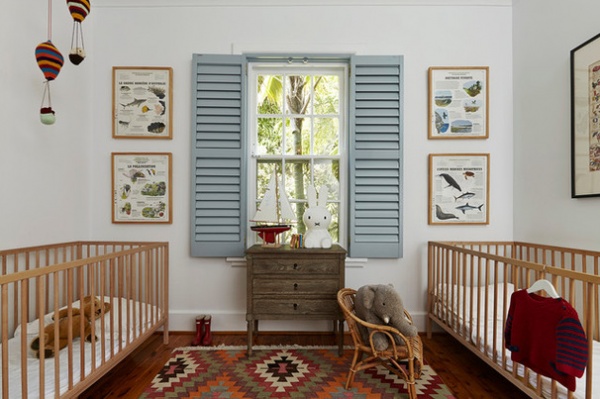
6. It Welcomes Young and Old
The good home should be for all. From children to elderly parents, from guests to that boomerang child, our homes need to accommodate all and be experienced by all. This will mean that we spend as much time thinking about the hall bath as we do the master bath and as much effort making the children’s bedrooms joyous as we do getting the master bedroom sophisticated. So as much as they say that kitchens and master suites are what make a house valuable, what makes a house a home is the thought we put into the “less than important” rooms.
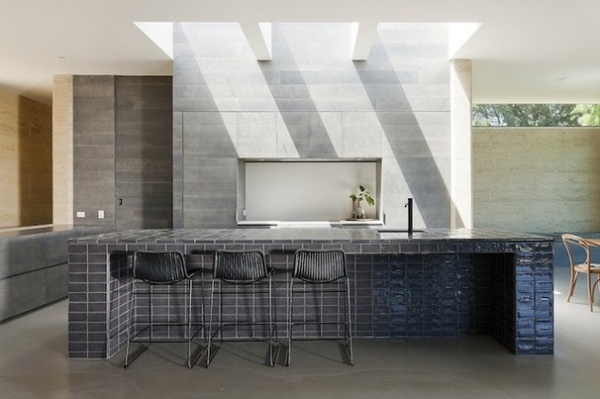
7. It Marks Time
The good home should make change visible. We shouldn’t need a calendar to tell us what season it is or a clock to tell us what time of day it is. We should be able to experience how light enters our home to tell us those things. So it’s about how we experience the sunlight as it reaches deeply into our home during winter, just when we need it, and stays outside during summer when we want it to stay away. And it’s about how we experience that sunlight washing over a wall faintly in the morning, then the brighter and more intense light as our day is at its peak, and that late-afternoon glow when we are winding down our day.
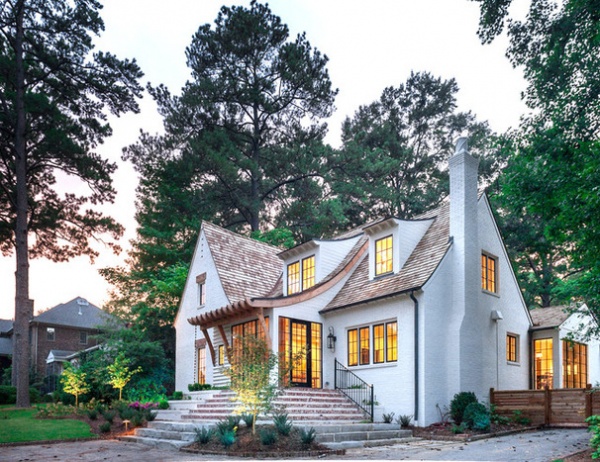
8. It’s Just Big Enough
The good home should be right-sized. Not too big or too small, the good home should be sized just right. This will mean that all of its area is used and all of its rooms have a purpose. There isn’t any waste or any confinement. To do this means understanding how you really live and how you’d ideally live so that your home is truly comfortable, like that suit or dress that fits you just right.
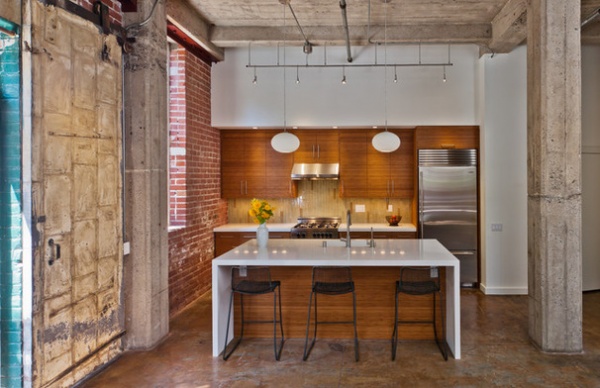
9. It Has Layers of Texture
The good home celebrates texture. An important way we experience our home is through its materials and the textures these have. From the cool, shiny and industrial stainless steel to the warm, worn and soft hand-stacked brick, we respond to all sorts of textures in a myriad of ways. A house that is all one texture, such as wood floors and matte painted walls and ceilings, creates a monotonous experience. Though we may not want a cacophony of textures, we do respond and understand each just a little better when there’s more than just one or two.
Now it’s your turn: These are just a few ways in which we can design and build our homes to enrich our experiences. Tell us what you think should be included on the list.
More:
The Good House: Design Is in the Details
10 Ways to Shower Your Home With Gratitude












